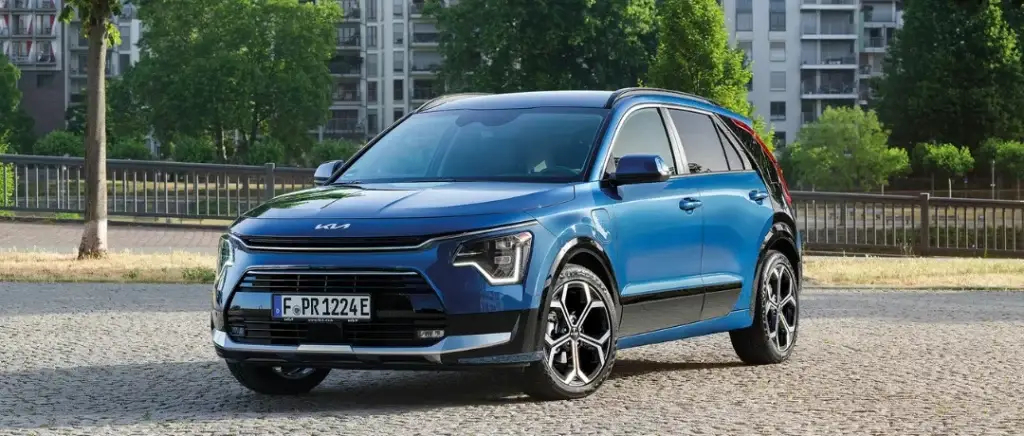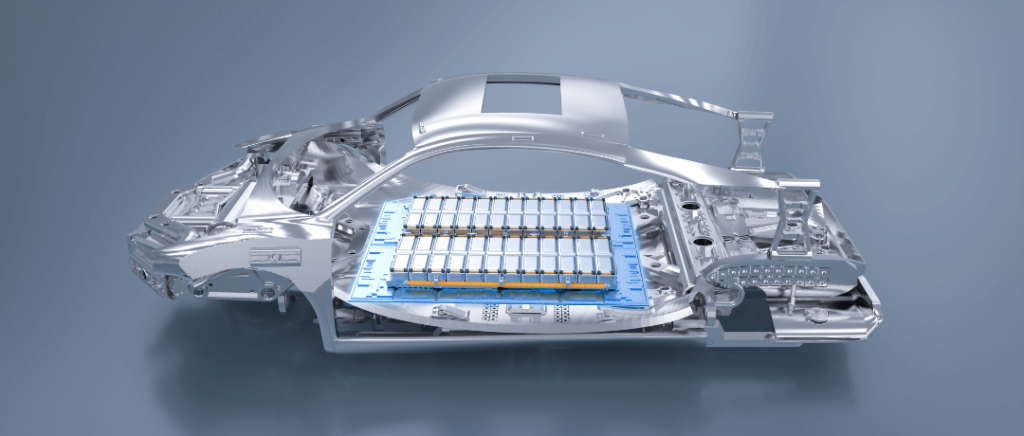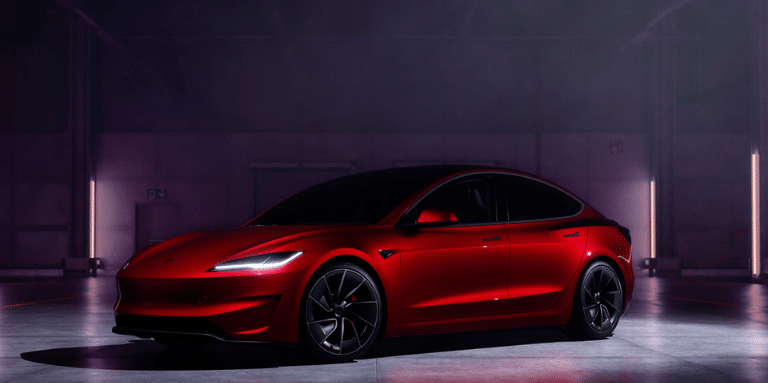Our experts answer your questions with a smile
Monday to Friday 9h 12h30 - 14h 19h
Nissan and Kia: in search of electric power
Nissan positioned itself early on the electric car market with the Leaf. Indeed, the first generations of the Leaf appeared in 2010. This enabled the Japanese automaker to develop its vehicle into Europe's best-selling electric car of 2018, with over 40,000 units sold.
However, the arrival of the Kia e Soul, Hyundai Kona and, of course, the Kia Niro EV have made electric cars with a range exceeding 300 kilometers accessible.range to the general public, thanks to the introduction of 64 kWh batteries.
Today, the Nissan Leaf is catching up with its Leaf e+ version, developing, like the Kia Niro EV, a much more family-oriented positioning aimed at making this electric car the only car in the family.
On the Korean manufacturer side, Kia has recently given a second wind with the new Kia Niro EV scheduled for 2022. Launched in December 2018, this model has succeeded in positioning itself as one of Kia' s flagship electric models and on the market. As one of Europe's favorite family electric cars, this has enabled it to assert itself in the electric car fleet against the BMW i3, Tesla Model 3 and, of course, the Nissan Leaf e+.
Kia Niro EV vs Nissan Leaf: Performance
Since 2022, the Niro EV has been available with a single 64 kWh powertrain, delivering 150 kW (204 hp).
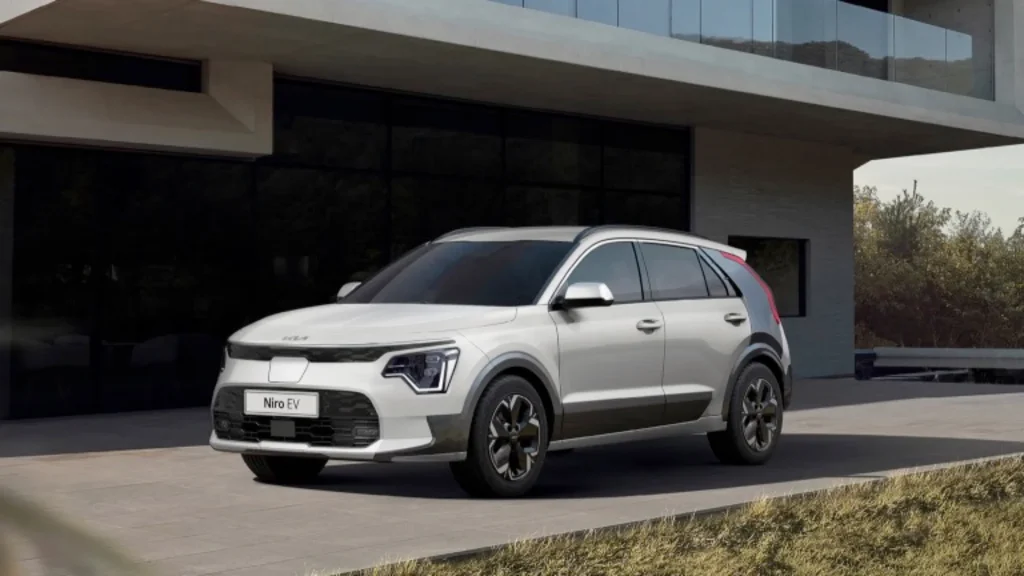
This engine is available in Motion, Active and Premium trim levels.
The Leaf comes with two engine options. The Leaf 40 kWh, and the Leaf e+ 62 kWh.
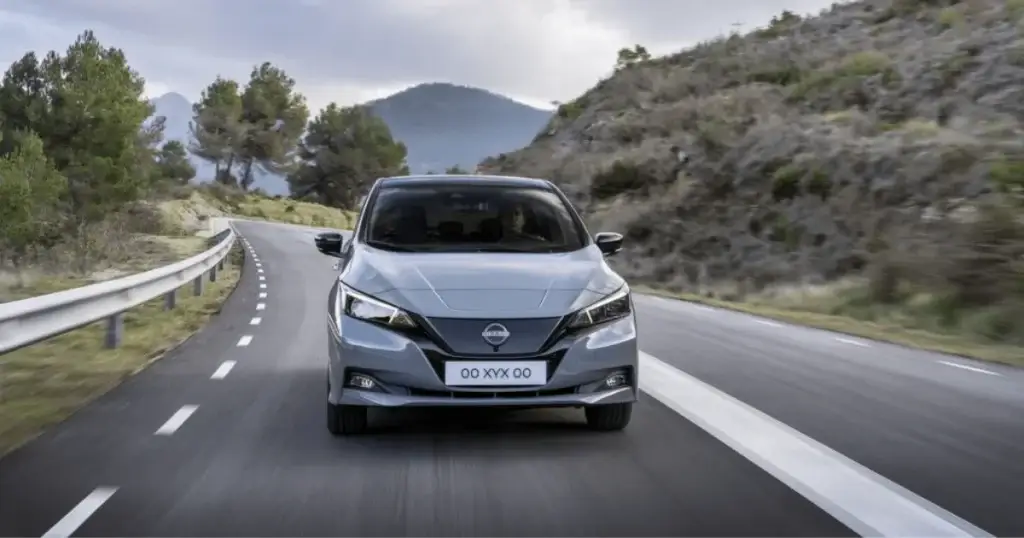
With a 110 kW (150 hp) engine, the Leaf 40 kWh is available in 5 different trim levels: Visia, First, Acenta, N-Connecta and Tekna. The Leaf e+, with its 160 kW (218 hp) engine, comes in just two trim levels: N-Connecta and Tekn.
In terms of driving pleasure, both vehicles are capable of lively acceleration. Both are equipped with 4 driving modes: Sport, Normal, Eco and Eco+. However, the Leaf has a clear advantage in terms of power. However, the Niro EV is much more comfort-oriented than the Leaf.
We'll choose the Nissan Leaf for sportiness and the Kia Niro EV for relaxed driving.
Would you like to install
a charging station?
Get my quote
Kia Niro EV vs Nissan Leaf: Charging and range
Both models have been designed to handle daily commutes as well as long distances.
For Kia, the Korean manufacturer has made it a point of honor to make the Niro EV the only family electric vehicle. The focus is on range, which is one of the biggest obstacles to the purchase of an electric car by the general public.
With a range difference of around 70 kilometers, the Korean SUV stands out from the Japanese manufacturer's city car.
What's more, to optimize the range of electric cars, these two models feature an energy recovery system for braking to ensure greater autonomy, coupled with the four driving modes available (Sport, Normal, Eco, Eco+).
The Nissan Leaf e+ has a range of 385 Km(WLTP standard), according to the Japanese manufacturer, and 270 Km for the Nissan Leaf 40 kWh.
For the Kia Niro EV 64 kWh, the Korean manufacturer is promising a range of up to 460 km (WLTP standard) in the combined cycle, as well as faster recharging thanks to a new 10.5 kW charger that can use three-phase alternating current.
In terms of charging, the Nissan leaf e+ has a huge advantage. In fact, its standard charging cable can handle domestic plug-in charging without the need for a wallbox an expensive but indispensable tool for most electric cars.
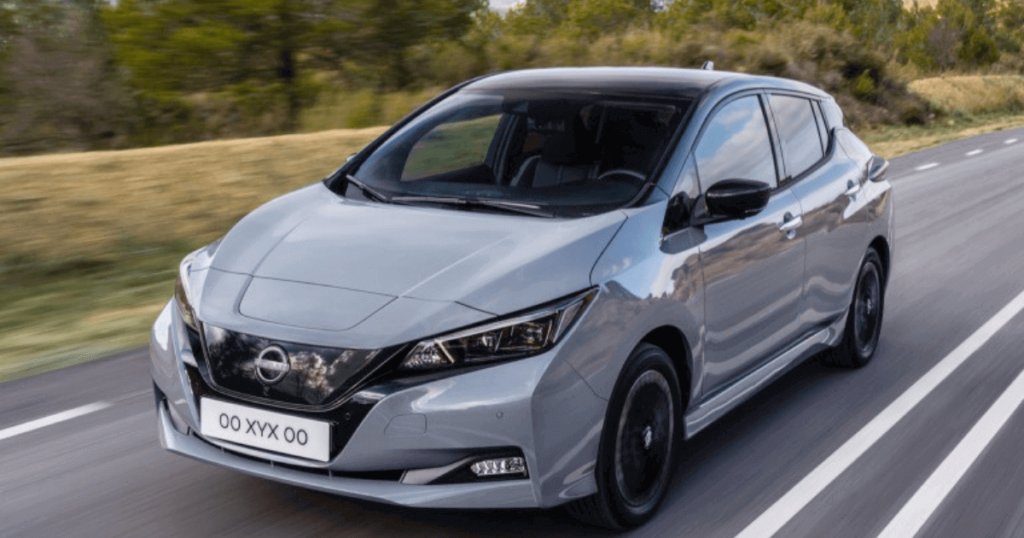
What's more, a simple 220-volt socket allows the Nissan Leaf e+ to be recharged at home. For fast charging, the CHAdeMO plug provides a 100 kW charge that can take the Leaf e+ from 0 to 80% in 45 minutes.
For the Kia Niro EV, charging is via a Type 2 connector, and the on-board charger has a maximum output of 7.2 kW. This means that a fully discharged battery can be recharged in around 10 hours 30 minutes.
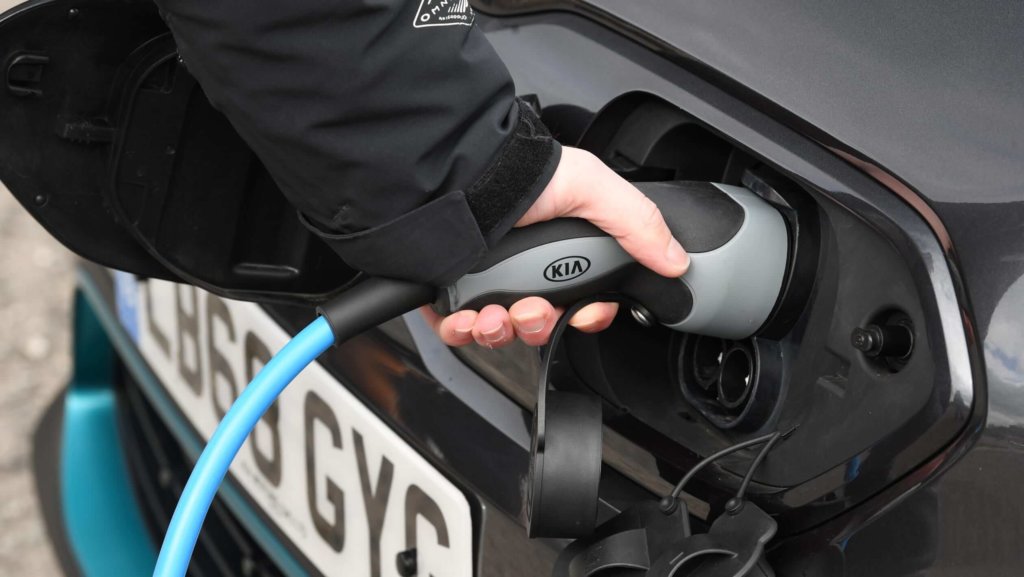
What's more, fast charging is made possible by a CCS connection. This enables the battery to be charged from 10% to 80% in 45 minutes. In the case of electric cars, fast charging is rarely developed to its full potential.
https://youtu.be/0KG4zkRLdyo
Kia Niro EV vs Nissan Leaf: Dimensions and weight
Compared to the Nissan Leaf, Kia's SUV is of course much larger, but it also generates an enormous amount of space for maximum comfort. Not least thanks to the 60/40 split seats, which free up a maximum volume of 1,405 liters. This gives it a considerable advantage in terms of space.
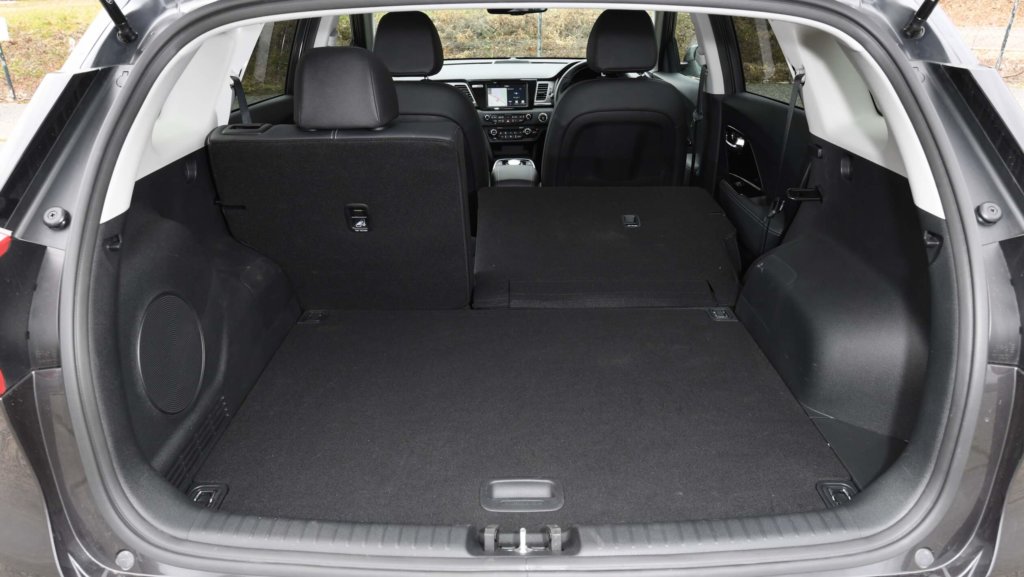
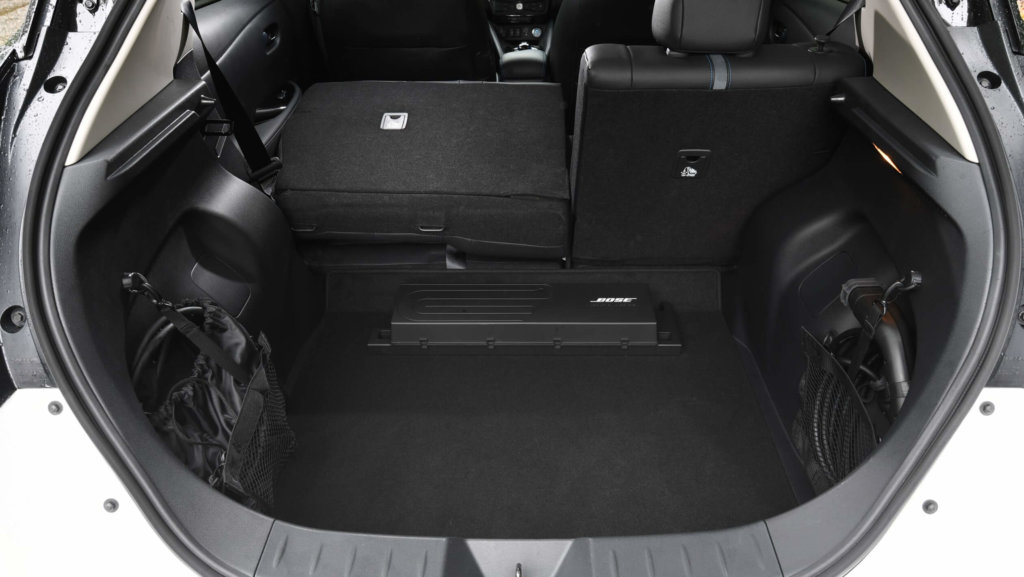
Indeed, the Nissan Leaf e+ has just 435 liters and 1161 liters with split seats in terms of trunk volume.
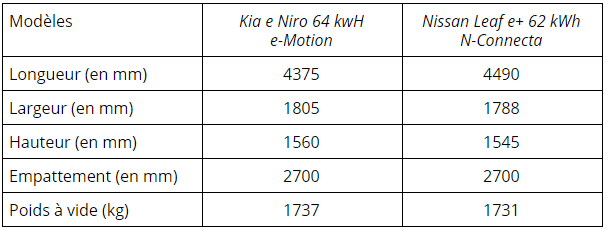
Despite its greater length, the Nissan Leaf is much lighter, confirming its compact positioning against Kia's SUV.
Nevertheless, with its emphasis on comfort and spaciousness, the e Niro is a perfect match for SUV characteristics.
Kia Niro EV vs Nissan Leaf: Availability and price
Priced from €27,900 for the 40 kWh version (excluding incentives and bonuses), the Nissan Leaf is much less expensive than the Kia Niro EV, which starts at €41,990 for the 64 kWh version in Motion trim.
This price difference is easily explained by the factors identified above. Notably, in terms of range and comfort, the Kia Niro EV is far better equipped than the Nissan Leaf.
But as a reminder, with these two models, the ecological bonus of up to €5,000 is still available to private individuals when purchasing a new electric vehicle in 2023. For companies, the bonus is €3,000.
Kia Niro EV vs Nissan Leaf: And the winner is...
Summary of criteria :
Performance: Draw
Autonomy: Victory for the Kia Niro EV
Refill: Draw
Dimensions and weight: KIA e Niro wins the day
Availability and pricing: Nissan Leaf wins the race
With 1 more point, the Kia Niro EV wins.
It has all the advantages of a classic SUV without the pollution of combustion engines. You'll find this vehicle a pleasure to drive. As previously mentioned for the Kia Niro EV, the manufacturer has developed an electric model aimed primarily at the family.
The Nissan Leaf has all the characteristics of a compact car. We also recommend it for its extraordinary efficiency in urban and suburban use. In this respect, it rivals the Kia Niro EV perfectly, not least thanks to its much more affordable entry-level price.
Get a Kia Niro EV
Get a Nissan Leaf
Electric cars
for dummies
Download this comprehensive guide to understanding electric cars.
Download the white paper
White paper


